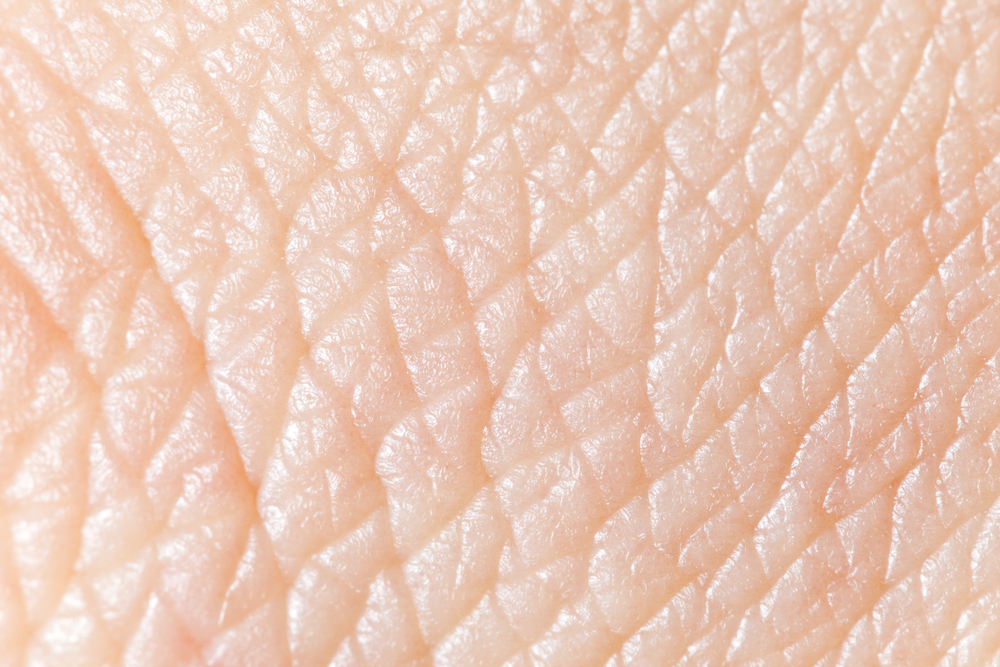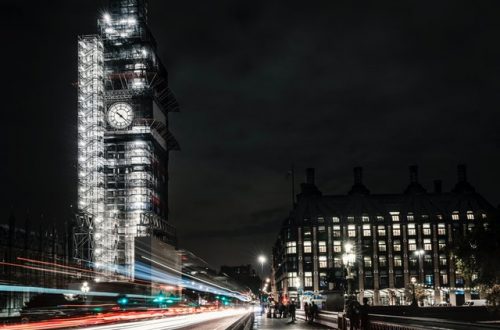You have finally decide to take the plunge and have that cosmetic procedure you have been considering for so long. You have picked your clinic, found the perfect doctor, and booked in your appointment in the near future.
All the hard work is done and all that is left to do is make sure that you are preparing yourself and your body properly for what is to come. As a top Glasgow skin clinic, we have compiled a list of some top tips for how to prepare properly for any cosmetic treatment.

Stop Smoking
If smooth clear skin is what your after this is good advice in general, but it really is essential that you stop smoking prior to your cosmetic treatment if you want to achieve the most impressive results.
Nicotine has plenty of nasty effects on the human body, not least of which is slowing down the natural healing process. If you smoking in the weeks leading up to surgery, the risk of complications is significantly higher, as is the risk of noticeable scarring.
Take time off work
If you are having a surgical cosmetic procedure, or even a more invasive non-surgical one, you may need to take time off from work whilst you recover. In fact, if you do go under the knife you will definitely have to take at least a few weeks off work. Make sure that you plan this into your schedule and are fully aware of the expected downtime before proceeding. Rest is essential to the healing process and it is crucial you don’t try to rush yourself back to normal activity too soon. This would not only risk the effects of the cosmetic treatment being less impressive but could have serious consequences for your physical health.
If you are in any doubt about the amount of downtime to expect or how to make sure you look after your body correctly, talk to an expert from luxeskin.co.uk today.
Drink Plenty of Water
Another tip that is simply good practice for your general health and wellbeing. Staying hydrated can make a huge difference to your appearance and especially the health of your skin over time. Leading up to your surgery or non-surgical procedure it is key that you drink plenty of water to cleanse your body and stay hydrated. However, your doctor may well tell you to stop drinking water the day before the procedure, especially if you are having surgery to minimise the risk of complications.
Avoid anti-inflammatories
Certain medicines such as the common anti-inflammatory drug ibuprofen can increase the risk of bruising as a result of needles or surgical treatment. If you are getting Botox, dermal fillers, or another cosmetic treatment that involves the use of needles you may well be asked to avoid such medication in the lead up to the procedure. Painkillers such as paracetamol may be recommended to deal with minor side effects such as redness and sensitivity but always consult with a medical professional first.


